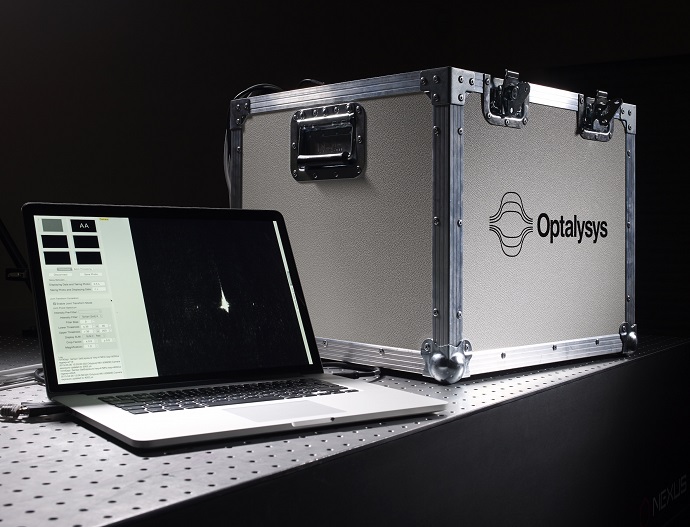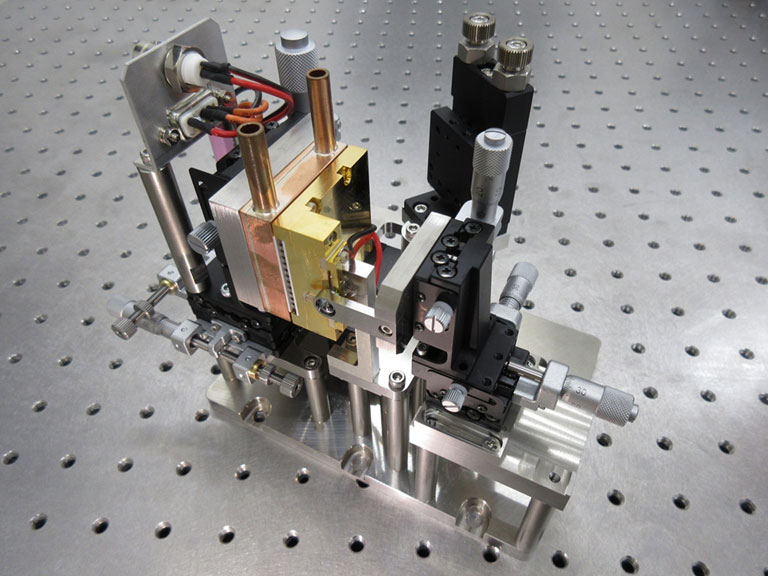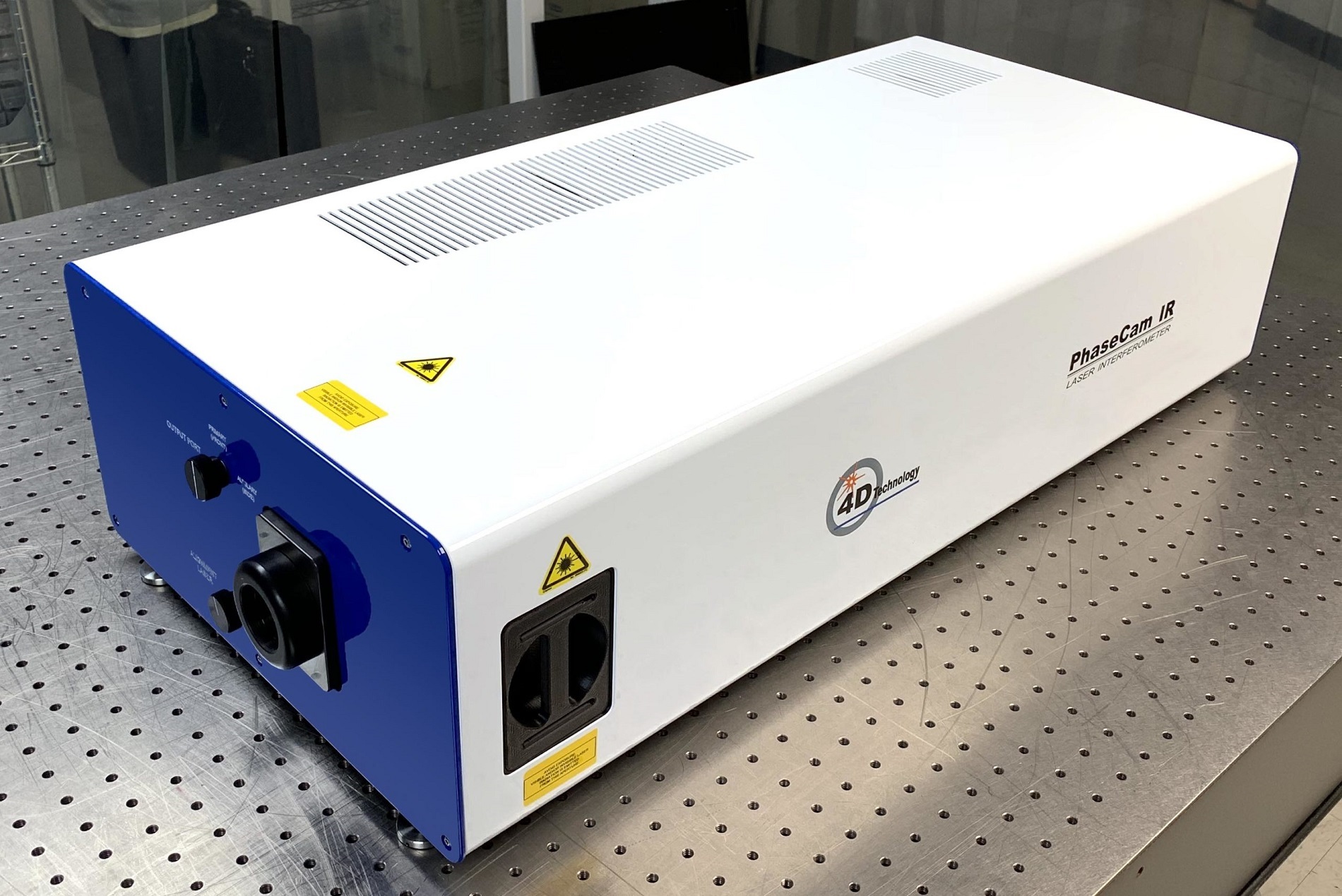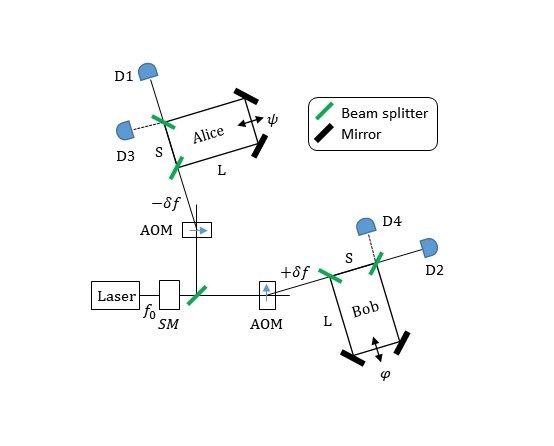27.04.2015
Cambridge UK optical processing business Optalysys Ltd, has announced that they have successfully developed a demonstrable prototype that can process mathematical functions optically in a scaleable, lensless design.
Optalysys optical processing systems will “turbo-charge” existing computers by performing processor-intensive tasks at much faster rates and with a significant reduction in energy consumption. The prototype is portable and has a footprint similar to a desktop computer. The technology has the potential to achieve Exascale processing levels by 2020.
Optalysys CEO, Dr. Nick New, explains. “Until now, meaningful optical processing technology has been impractical for a number of reasons. Advancements in liquid crystal technology now permit numerical data to be dynamically entered into an optical system at high speeds and resolutions. Several additional breakthroughs by the Optalysys team have resulted in a patented lensless design which is easily aligned to within a few microns.”
The prototype demonstrates optical derivative functions – mathematical building blocks commonly used in complex engineering model simulations such as weather prediction and aerodynamic modelling. It also performs correlation pattern matching used in Big Data analysis such as DNA analysis and financial modelling.
The prototype achieves a processing speed equivalent to 320 gigaFLOPs and, because it uses light rather than electricity as the processing medium, it is incredibly energy efficient. Now the principles of the approach have been proven, Optalysys is ramping-up the processing capabilities of the technology.
The first project to utilise Optalysys technology starts next month in collaboration with The Genome Analysis Centre (TGAC) to build a Genetic Search System called GENESYS. The system will perform large-scale DNA sequence searches with energy savings of over 95% per year. The project has been granted £0.5 million in funding from the government partner Innovate UK.
Optalysys Chairman, James Duez said “Optalysys’s initial products will launch in 2017 and are expected to enable existing computers to achieve HPC-levels of performance up to an equivalent processing rate of 9 petaFLOPs – comparable to the 5th fastest computer in the world today. Following that we plan to pursue the design of larger systems capable of achieving multiple exaFLOPs by 2020”.
A short film explaining the revolutionary Optalysys technology, narrated by Professor Heinz Wolff
For more information, visit www.optalysys.com















